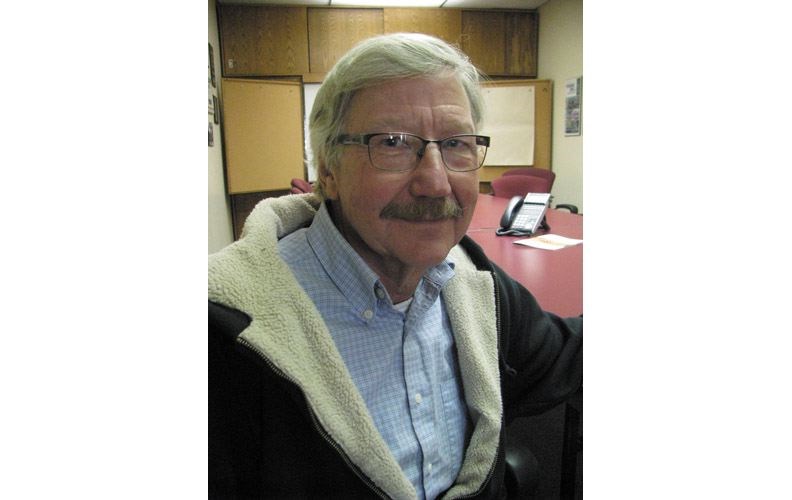The signal has been getting weaker between Telus and the Steidles, even though the family hasn't moved their rural farm an inch.
Static began to develop when Telus informed them by mail that upgrades to the company's provincial telecommunications system was going to mean the end of cell coverage in the Steidle's area. It is a remote part of the Cariboo-Omineca region, south of Prince George and almost directly west of Hixon.
Those who've been to the area call it nothing short of breathtaking.
But if you're using a phone, it is very hard to call the area at all. The nearest land-line is about 30 kilometres away from the Steidle farm.
The family was already using a directional aerial to catch enough cell signal to have a mobile phone, but now even that won't work since Telus began the process of upgrading to the 4G system from their antiquated CDMA (Code Division Multiple Access) system.
Telus has offered the Steidles some financial help to convert to a satellite-based internet phone system. The company is covering the bill for an undisclosed number of months for an Xplornet rural communication service so the Steidles have a home phone of some kind.
The family will also have a cell phone, but it only works when they are in range of a city or town.
Richard Gilhooley, the senior media relations manager for Telus, said the Steidle farm was already outside of normal cell reception but through the use of some extraordinary antennae engineering, they were able to keep them in touch with a signal up to this point.
"It was a highly customized solution because of the distance that their farm is outside of our network footprint and unfortunately this type of customized solution is not available for this upgrade."
The new system carries a lot more data, and interfaces much better with modern hardware, said Gilhooley, but the signal's footprint won't reach the Steidles.
Wally Steidle said he was displeased Telus didn't make a stronger effort to finding a signal.
He is happy the family is getting some relief from the cost of Xplornet but that's not an alternative he's happy with.
"I mean it's good, it's alright, but we have lost a service we shouldn't have lost. The technology is supposed to be getting better, so why are we losing a service?" Steidle said. "We are now left with an internet-satellite phone that occasionally breaks down. The signal gets disrupted. I don't consider that having reliable 911 service. I've had Xplornet for awhile now, this isn't new for us, so I can tell you it breaks down. I used to be able to call Xplornet's repair people on my cell phone to walk them through the trouble, but now, this is all we have."
The Steidles have at least one neighbour they know of in the same predicament.
Gilhooley said there were some in the province the company was unable to bring into the new technology's fold but "the number is very, very small."
If anyone has any issues like the Steidles, said Gilhooley, he advised them to dial *611 at any time to reach someone or drop into any of the Telus-authorized retail outlets and open the discussion.
Steidle said this situation speaks to a broader provincial issue: the more rural a location, the better the telecommunications system there should be, in his view, simply because the people who live and work in those regions are generally involved in activities for the greater public good like growing food, working in resource industries, attending to the environment, members of First Nations, and people who prefer to be apart from urbanity.
Communications networks are relatively easy to achieve in a city, but rural regions need concerted public sector efforts that are so far lacking.
It would be even more egregious, he said, if telecommunications companies were being supplied with funds from the taxpayer but weren't putting the focus of those funds on rural communities first.



